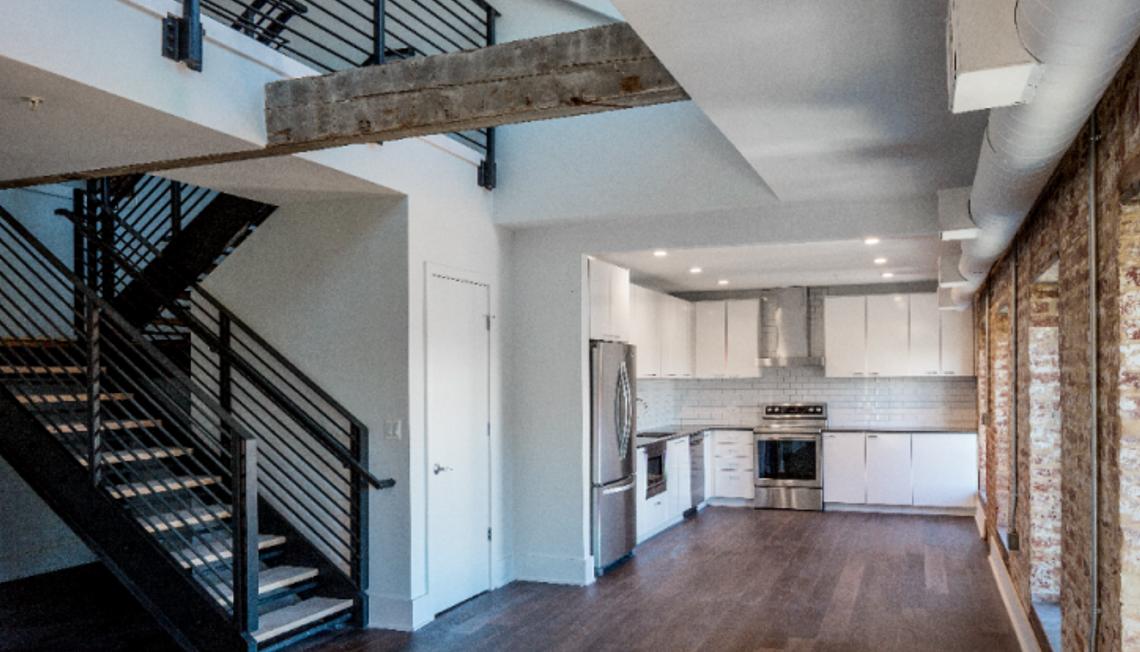Ask a home owner what a home warranty is and they’ll probably confuse it with homeowners insurance. This is a common misconception, but that’s only because there are many things prospective home buyers and existing home owners don’t know about home warranties. Unless you work with a top-notch real estate team — like the Keri Shull Team! — by the time you’ve found your dream home and sit at the closing table, you’re not thinking about home warranties and neither is your agent. However, you should be considering home warranties when buying a home and you need to know how home warranties work and if it would be beneficial for your home because this information could save you money, time, and stress.
Read on to find out what a home warranty covers, the pros and cons, and everything else all home owners need to know about home warranties.
Homeowners Insurance vs. Home Warranties
Homeowners insurance and home warranties are similar in what they do for a home owner, but there are a few key differences that are important for all home owners to know. Homeowners insurance is required by the mortgage company and covers personal property if an accident or catastrophic event occurs. Home warranties, on the other hand, are completely optional and cover the repairs or the full replacement of a home’s major indoor appliances for a specified length of time (usually a year). Home warranties are designed to protect home owners from unforeseen repairs of particular components of the home while homeowners insurance is more of a catchall for weather-related accidents, fires, theft, and natural disasters.
If your home burns to the ground or floods during a hurricane, homeowners insurance will cover it. If the refrigerator suddenly stops working or the hot water heater dies, a home warranty will cover that. However, not all home warranties are the same. The details are in your home’s specific home warranty policy.
What Home Warranties Cover
Home warranties are basically service contracts that cover repairs to specified home components. A home warranty is issued by a company that agrees to pay for the repairs of certain indoor appliances or replace them altogether if they suddenly stop working, for an annual fee of course. Unless you’ve just purchased a new construction home with included warranties from the builder, basic home warranties cost between $300 and $600 a year. What the home warranty covers depends on the specific service contract you have on your home. Generally speaking, basic home warranties cover the following:
- the plumbing system
- hot water pump
- water heater
- smoke detectors
- dishwasher
- microwave
- exhaust fans
- heating and duct-work
- electrical system
- trash compactor
- garbage disposal
- oven
- cook tops
- air conditioning
- refrigerator
- washer/dryer
Normal coverage differs from policy to policy as well as from state to state, so it is important to look over the home warranty contract in detail before you commit to one. Other home components and appliances like a swimming pool, hot tub, ice maker, well pump, or septic system can be added to the home warranty contract for additional fees. It may be worth it to pay a little extra a year to cover these more expensive items. Consider the cost of repairing a broken hot tub out of pocket and compare it to the extra $50 or so dollars a year you would pay to have it covered and repaired for free. Do keep in mind that almost all home warranties require home owners to pay a deductible per incident though, which can cost anywhere from $50 to $100. The decision to purchase a home warranty and the range of coverage is up to the home owner who must weigh the pros and cons in relation to their personal situation.
Pros & Cons of Home Warranties
Home warranties may not be right for everyone. They are ideal for homes with appliances that are at least four years old, but some contracts have so many limitations and exclusions that it doesn’t end up covering what you thought it would. The best way to decide if a home warranty is right for you is to arm yourself with as much knowledge as you can. Compare the pros and cons of home warranties to ensure you’ve considered everything.
Pros of Home Warranties
- If a major appliance breaks without warning, you won’t have to pay for the repairs or for a replacement.
- You don’t have to worry about finding a technician to repair your damaged appliance. The warranty company will handle that.
- When selling your home, home warranties adds value to your property. Buyers like knowing they are getting a home with covered appliances, so they can be worry-free.
- Having a home warranty eliminates the stress that comes with being a home owner and having to cover all of the maintenance and repairs on your own.
- When you’re strapped for cash, you don’t have to fret over the unknown when it comes to your home’s appliances.
- Home warranties on old appliances can save you hundreds when they finally decide to kick the bucket.
Cons of Home Warranties
- Each repair will cost you a little bit of money in the form of a deductible. The amount depends on your specific home warranty company and contract.
- You could luck out and your appliances could never break or need major repairs, making the home warranty obsolete.
- You won’t get to choose the repairman yourself or be able to verify their experience. Your favorite, trusted handyman will be replaced by someone from the home warranty company.
- Claim processing for home warranties can move slowly. You will have to be patient when waiting for a claim approval and it can take weeks to get the right parts delivered to fix your appliance.
- Pre-existing conditions of used appliances are not covered. If you’ve failed to properly maintain an appliance, your claim can be denied and you will be stuck covering the costs to fix it or replace it on your own.
The Bottom Line
The bottom line is that home warranties can be extremely beneficial to home owners — especially first time home owners — and save you considerable money when something breaks or needs replacing. It’s critical for prospective home buyers and existing home owners to understand how home warranties work, so they can get the most out of their contract. Arm yourself with the knowledge you need to know if a home warranty is worth it before you decide if a home warranty is right for you.
Have a question about home warranties that we didn’t answer? We’d love to hear from you! Contact the Keri Shull Team for all of your real estate needs!





